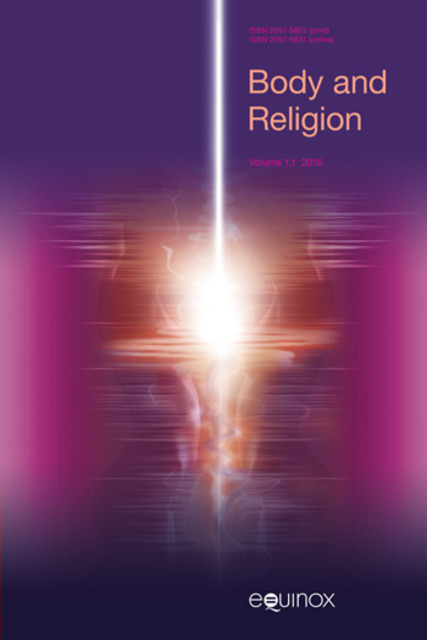Candomblé’s eating myths: religion stated in food language

Full description
All religions have particular relationships with food. Either through fasts, interdictions, sacred foods, banquets or rituals involving food, religious values can be represented, expressed and reinforced through taste. Some religions, such as African Brazilian Candomblé, have food systems as complex as a language. Each of its deities has a favorite food, prepared according to strict rules, similar to a grammar. A slight modification of the ingredients or of the way of preparing a food offering could change its meaning and cause unexpected, undesirable effects. In Candomblé there is no ritual without food. Depending on the goal, food is served to the deities but also shared with mortals, or only to mortals but representing the deities, and sometimes foods are not eaten at all but are one element of cures, being passed over a person, e.g. in the popcorn bath discussed here.
- typeImage
- created on
- file formatjpeg
- file size27 KB
- container titleBody and Religion
- creatorPatricia Rodrigues de Souza
- issnISSN 2057-5831 (Online)
- issue2.2
- publisherEquinox Publishing Ltd.
- publisher placeSheffield, United Kingdom
- rightsEquinox Publishing Ltd.
- volume
- doi
We use cookies to analyze our traffic. Please decide if you are willing to accept cookies from our website. You can change this setting anytime in Privacy Settings.
